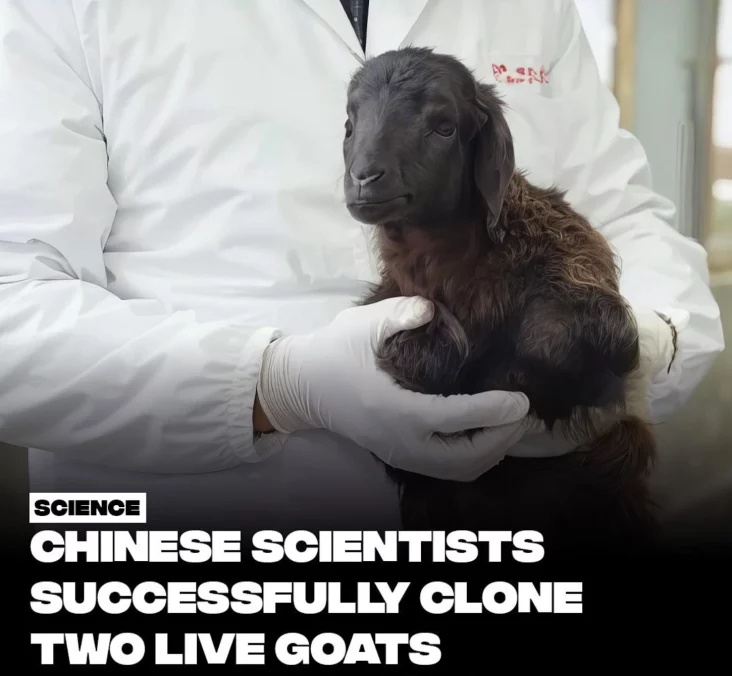Cloning has emerged as a significant tool in scientific research, offering solutions to various challenges. Recently, Chinese researchers have made headlines by successfully cloning Tibetan goats, aiming to bolster adaptability and safeguard genetic diversity on the Qinghai-Xizang Plateau.
Cloning of Tibetan Goats
The cloning process involved adult goat cells from Qinghai Province, northwest China, with the objective of preserving genetic diversity and enhancing adaptability to the harsh plateau environment. This initiative, spearheaded by scientists from Northwest A&F University, signifies a milestone in Tibetan goat breeding techniques.
The Research Initiative
The cloning initiative, led by Chief Scientist Su Jianmin, involved meticulous procedures conducted in Qinghai Province. The research team, in collaboration with the Xining municipal animal disease prevention and control center, overcame technical challenges to achieve successful outcomes. The cloned goats represent a breakthrough in livestock breeding technology, promising increased income for farmers and herdsmen in the region.
Implications for Agriculture
Tibetan goats are integral to the agricultural economy of the Qinghai-Xizang Plateau, serving as a vital source of income for local communities. The successful cloning of these goats holds the potential to revolutionize breeding practices, ensuring the long-term sustainability of livestock farming in the region. Moreover, advancements in cloning technology could lead to enhanced productivity and resilience in the face of environmental challenges.


